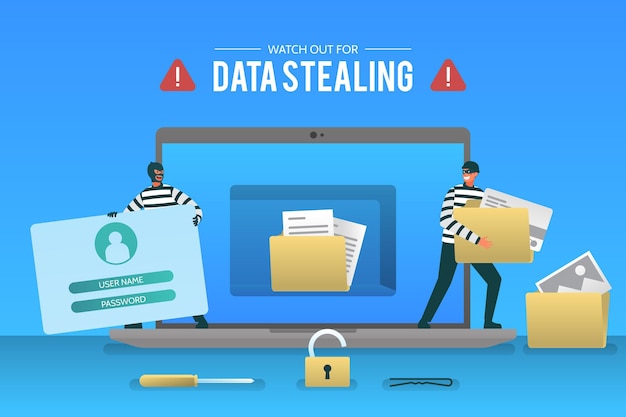Browser Support Often Needed To Keep Browsers Secure
You must provide browser support to keep computers and servers safe from malware.Make sure to regularly check the security of your Web browsers, either yourself or with the help of your browser support team.
The program used to browse the web is called a web browser. Due to the fact that it connects to the Internet and engages with numerous websites, it may develop security issues. Some of these websites might contain malware that a website’s script can use to download onto your computer.
A website script is a brief program. These are typical and are used for a variety of operations, including playing videos and showing slide shows. These are also capable of installing malware on your computer.
Once discovered, malware can be eliminated, but these are frequently challenging to find. It is preferable to stop malware before it enters your computer, but if it manages to evade every security measure, you want to be able to spot it before it causes significant harm.
Make sure your browser software is updated to stay current with any security holes that have been fixed by the browser’s developers in order to block as many attacks as possible. The same holds true for add-ons or plugins. Make sure to add updates as soon as you can after receiving alerts that they have arrived.
Adding new plugins or add-ons should also be done with caution. Make sure the information’s source is reliable. You should generally refrain from using too many plugins or add-ons. There is a greater chance that one will make your browser vulnerable to an attack the more you have.
Security tools can assist you in offering browser support services.
When using a search engine, you should also think about using software that will let you know if a website is secure. Many antivirus programs have this feature built in, but if yours does not, you can use the Web of Trust program, which indicates which websites are rated safe by adding a green circle next to their names when you conduct a Google search.
You can further protect yourself if you use Internet Explorer by activating the Phishing Filter under the Tools menu. This will let you know when a website isn’t exactly what it seems to be.
Additionally, the Internet Options menu allows you to increase the Security Settings. The default level that is advised is “Medium-high.” Adding websites or entire domains to the Trusted Sites Zone, which permits these particular sites to run scripts, will allow scripts to run even if you change this to “High,” which will prevent any scripts from running.
You could use FireFox add-ons like NoScript or Adblock Plus. NoScript stops scripts from being executed without your consent. Various potentially harmful forms of advertising are blocked by Adblock Plus.
Try using software that checks your browser for vulnerabilities if you want to see how secure your website is. Browserscope, BrowserSPY.dk, PC Flank, Qualys BrowserCheck, and Scanit Browser Security Check are some of the ones that are currently available.
You can always hire an computer tech support company that offers browser support services if you would like someone more qualified to guarantee your browser security.









